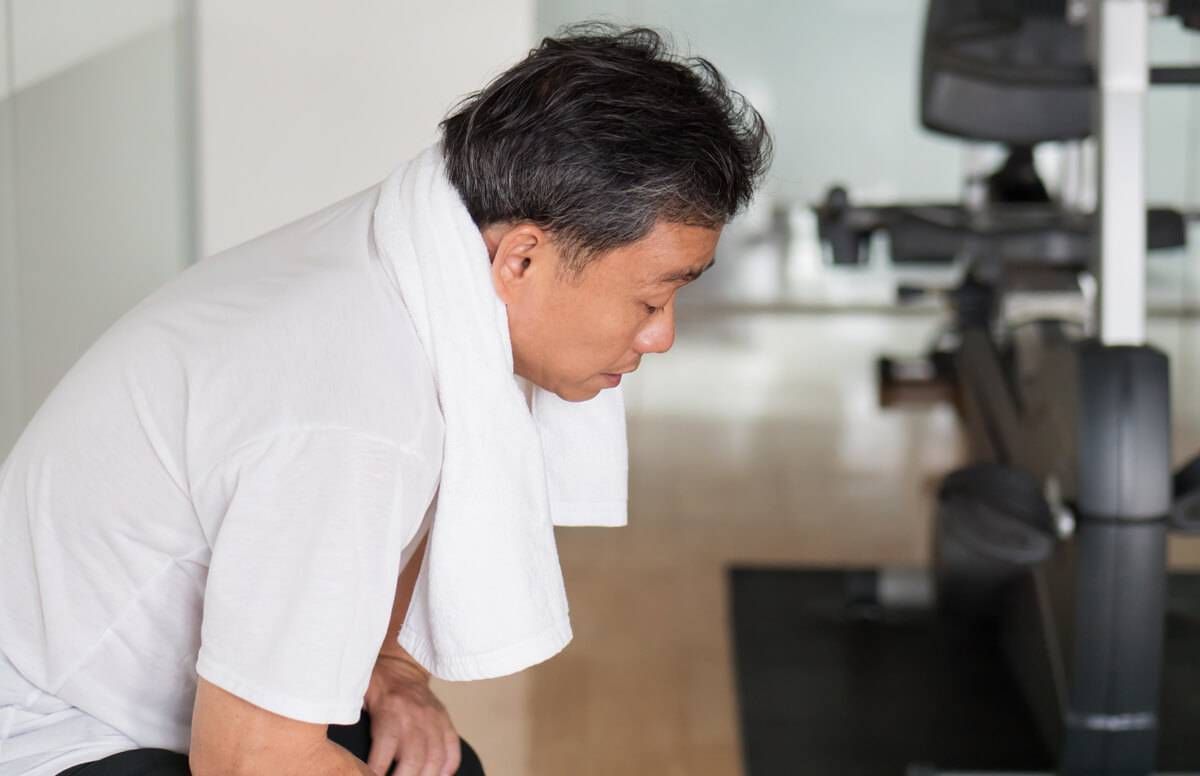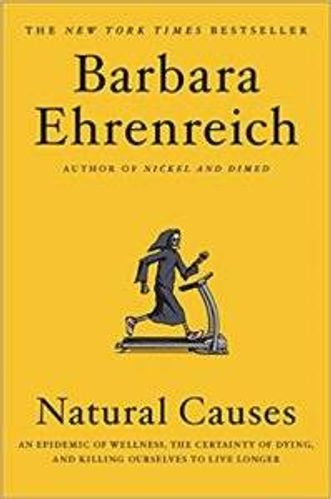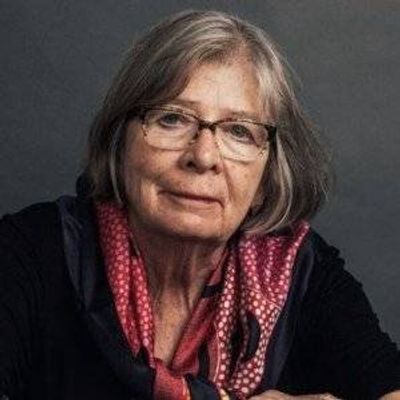Are We Killing Ourselves to Live Longer?
Author Barbara Ehrenreich asks the question in her new book, 'Natural Causes'
Barbara Ehrenreich has written or co-authored 20 books — and that was after earning her doctorate in cellular immunology. Her most well-known book may be the bestselling Nickel and Dimed, for which she went undercover for three months working at minimum-wage jobs around the country, revealing how difficult it was to make a living that way.


Ehrenreich is known for her dedication to issues of social justice, accompanied by extensive research and a biting wit. In her latest book, Natural Causes: An Epidemic of Wellness, the Certainty of Dying, and Killing Ourselves to Live Longer, she takes on society’s attitude toward aging and death and finds that many of us are working too hard to prolong our lives at any cost.
A Talk With Barbara Ehrenreich
And, the 76-year-old writes, “‘successful aging’ measures may just lead to longer life with crippling disabilities.” Ehrenreich elaborated on her ideas in a recent interview with Next Avenue. Highlights:
Next Avenue: Why did you decide a few years ago to stop going to the doctor for routine checkups?
Barbara Ehrenreich: It didn’t happen all at once. It happened bit by bit as I began to ask questions about what these different tests were for and whether they really did any good. I do have a lot of training and education, but I just did this simply by Google. One by one, I lost faith in the kinds of tests that were being proposed — bone density scans, mammograms, colonoscopies.
Explain why holistic health is not an accurate model for health care.
I’m very critical of 'regular' medicine. Then when I turn to the alternative practices, there’s very little scientific basis for any of them. The sources I read said the body is a harmonious, self-correcting system. That idea seems to underlie so much of the literature of wellness: If you just let the natural harmony prevail, everything will be all right. As I studied these things, it became clear that it was way too overoptimistic for how the body functions.
In your book, you talk about the body as a battleground.

There are conflicts and rebellions in some parts of the body. An awful lot of cancers come from macrophages, cells that rampage through the body. This absolutely shocked me. Ten years ago I read in Scientific American that macrophages congregate around tumors. That had been known for a long time. But the news was, they’re not there to fight the tumor, they’re there to help the tumor. What’s up with that? They’re supposed to be our friends. I took that as a personal assault. And autoimmune diseases that decide to attack different parts of the body — we don’t know what makes them do it.
The problems we experience as we age turn out to be caused by the immune system — arthritis, cardiovascular disease, diseases of inflammation. Aging seems to proceed through inflammation. We don’t age because we wear out, but because our body is attacking itself.
You write about a serious downside of our obsession with fitness — that individuals are seen as responsible for their own health, which inevitably leads to blaming those who are not in good health. How has that attitude evolved?
In the '70s, doctors began to realize what a big role lifestyle factors played in our health — smoking, eating to excess, eating bad things. Doctors got the idea [that] if we could just stop doing these things, we could be healthy.
We don’t really know what the healthy habits are, except maybe that you should eat vegetables and some protein that will keep you going for a while. In the '90s, there was a campaign to get us to stop eating fat. There’s not a correlation [between eating fat and obesity], but that pushed us into the obesity epidemic. People started eating a lot of carbs. It’s probably straining their body’s ability to metabolize sugars. We were told the wrong thing.
What would you say to those who put their faith in wellness and anti-aging practices like yoga, meditation and eating lots of fresh fruits and vegetables?
What it comes down to is, do you want to spend your life prolonging your life? Is that what you’re living for, just to live more?
What we should be thinking long before we get old is what is really important to me in my life — maybe art or creating art or helping other people. Or is it a political cause? If that’s what you’re living for, it’s something you know will continue after you’re gone. My daughter and my granddaughter are feminists. I’m ready to pass on the torch.
When people found out I was writing a book about dying, they said, 'it’s depressing.' I want to say, 'this is what happens. What did you think was going on here?'
It sounds like you’re unafraid of dying.
Yeah.
How do you manage that?
A lot of us fear being trapped in a medicalized death, in ICU or with tubes sticking out of us where we can’t hear anything or tell anyone what we want — that is horrifying. A lot of doctors have tattooed to their wrists, DNR, do not resuscitate. They are scared. It’s better if you can get out of the medicalization of dying and die at home. I would like to die outdoors on some great adventure. I’m not going to be in the world, but the world will go on without me.

